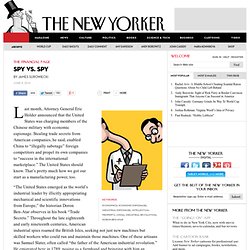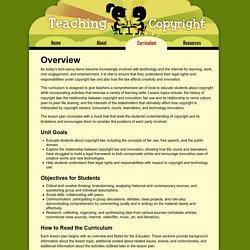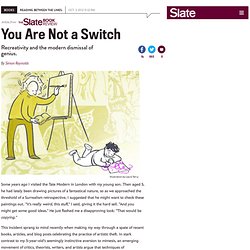

Know Your Rights! Quiz. Can I Use that Picture? James Surowiecki: America’s History of Industrial Espionage. Last month, Attorney General Eric Holder announced that the United States was charging members of the Chinese military with economic espionage.

Stealing trade secrets from American companies, he said, enabled China to “illegally sabotage” foreign competitors and propel its own companies to “success in the international marketplace.” The United States should know. That’s pretty much how we got our start as a manufacturing power, too. “The United States emerged as the world’s industrial leader by illicitly appropriating mechanical and scientific innovations from Europe,” the historian Doron Ben-Atar observes in his book “Trade Secrets.”
Throughout the late eighteenth and early nineteenth centuries, American industrial spies roamed the British Isles, seeking not just new machines but skilled workers who could run and maintain those machines. The American government often encouraged such piracy. Piracy was a big deal even in those days. These days, of course, things have changed. Charlie Crist Official Apology to David Byrne for Copyright Infringement. The Art of Art Lawsuits.
Richard Prince’s “Graduation” (2008) (right) was widely cited throughout the Cariou v.

Prince case, and is shown here side-by-side with Patrick Cariou’s original. (image via Fordham’s IPLJ) In the past few years, the work of artist James Turrell was featured simultaneously at the Guggenheim, the Museum of Fine Arts, Houston, and the Los Angeles County Museum of Art; a retrospective of Cindy Sherman’s work drew large crowds at the Museum of Modern Art; and Art Basel Miami Beach seemed to grow ever more popular. What exactly is "piracy" in the digital age? Copyright ©,trademark ®, and patent law. My talk on copyright, ebooks and libraries for the Library of Congress. Teaching Copyright. Teaching Copyright. As today's tech-savvy teens become increasingly involved with technology and the Internet for learning, work, civic engagement, and entertainment, it is vital to ensure that they understand their legal rights and responsibilities under copyright law and also how the law affects creativity and innovation.

This curriculum is designed to give teachers a comprehensive set of tools to educate students about copyright while incorporating activities that exercise a variety of learning skills. Lesson topics include: the history of copyright law; the relationship between copyright and innovation; fair use and its relationship to remix culture; peer-to-peer file sharing; and the interests of the stakeholders that ultimately affect how copyright is interpreted by copyright owners, consumers, courts, lawmakers, and technology innovators. Unit Goals. Video explains fair use for video (video video) Shepard Fairey, Barack Obama 'Hope' poster artist, found guilty of lying. 10 Bogus Excuses People Use When They Steal Photos from the Web. So you think you have a good reason or excuse to use a photo you found on the Internet without asking the photographer who took it?

Let’s see if it can stand the test.1. There was no “copyright” logo or any other watermark on the photo Copyrights exist by default. As soon as an amateur or professional photographer (or anyone else, for that matter) hits the shutter button, all the power of the copyright law is now associated with the photo. Therefore, a photographer does not have to specify on the photo or on his/her website that the photo is protected by copyright. 2. Is a photo easy to copy when it’s on the Internet? A photo does not magically fall into the public domain when it’s uploaded to the Internet. 3.
Google Images is not a free stock photo agency. 4. Contrary to popular belief, a photographer does not lose his/her copyright when a photo is uploaded on Facebook. You own all of the content and information you post on Facebook So can you share a photo posted on Facebook? 5. 6. 7. Against recreativity: Critics and artists are obsessed with remix culture. Illustration by Laura Terry.

Some years ago I visited the Tate Modern in London with my young son. Then aged 5, he had lately been drawing pictures of a fantastical nature, so as we approached the threshold of a Surrealism retrospective, I suggested that he might want to check these paintings out. “It’s really weird, this stuff,” I said, giving it the hard sell. “And you might get some good ideas.” He just flashed me a disapproving look: “That would be copying.” This incident sprang to mind recently when making my way through a spate of recent books, articles, and blog posts celebrating the practice of artistic theft. The most high-profile proponents of recreativity are Jonathan Lethem and David Shields. Many of these polemics make allusions to DJ culture in their titles: Mark Amerika’s remixthebook, Kirby Ferguson’s video essays and website Everything Is A Remix, Arram Sinnreich’s Mashed Up. Watch. The coming civil war over general purpose computing.
This talk was delivered at Google in August, and for The Long Now Foundation in July 2012.

A transcript of the notes follows. I gave a talk in late 2011 at 28C3 in Berlin called "The Coming War on General Purpose Computing"